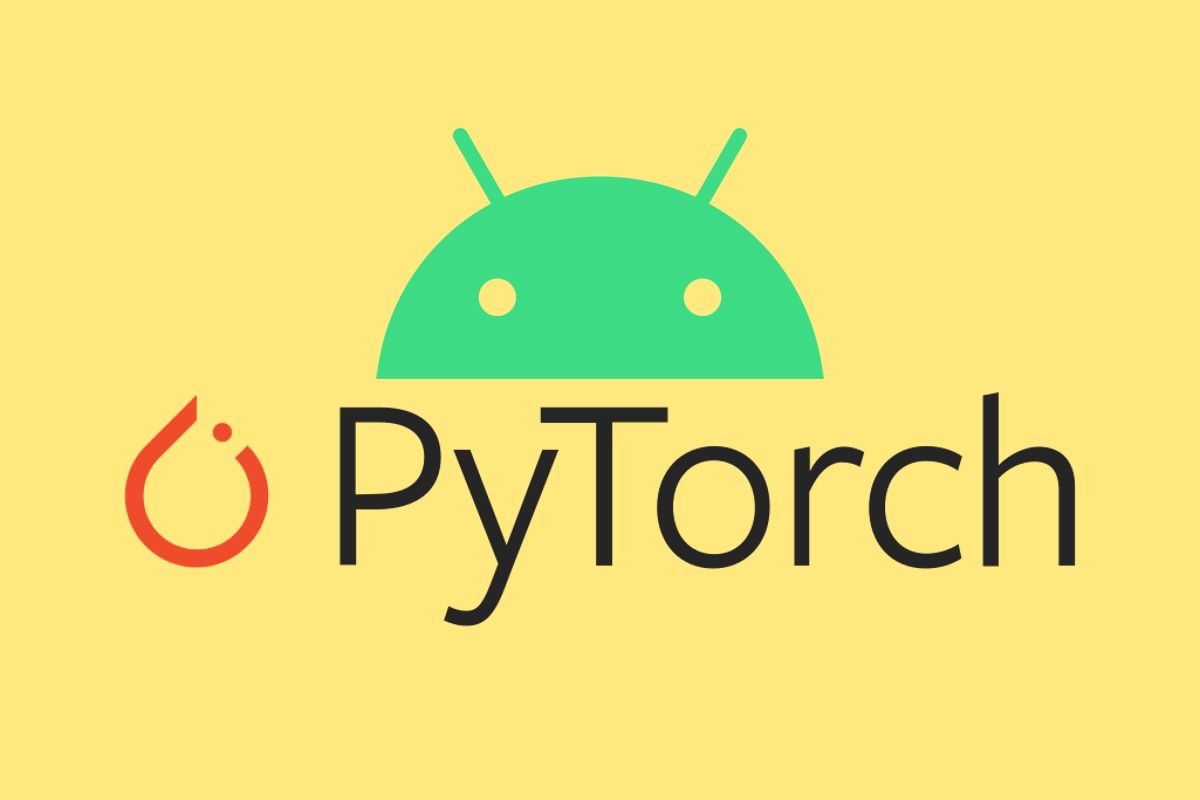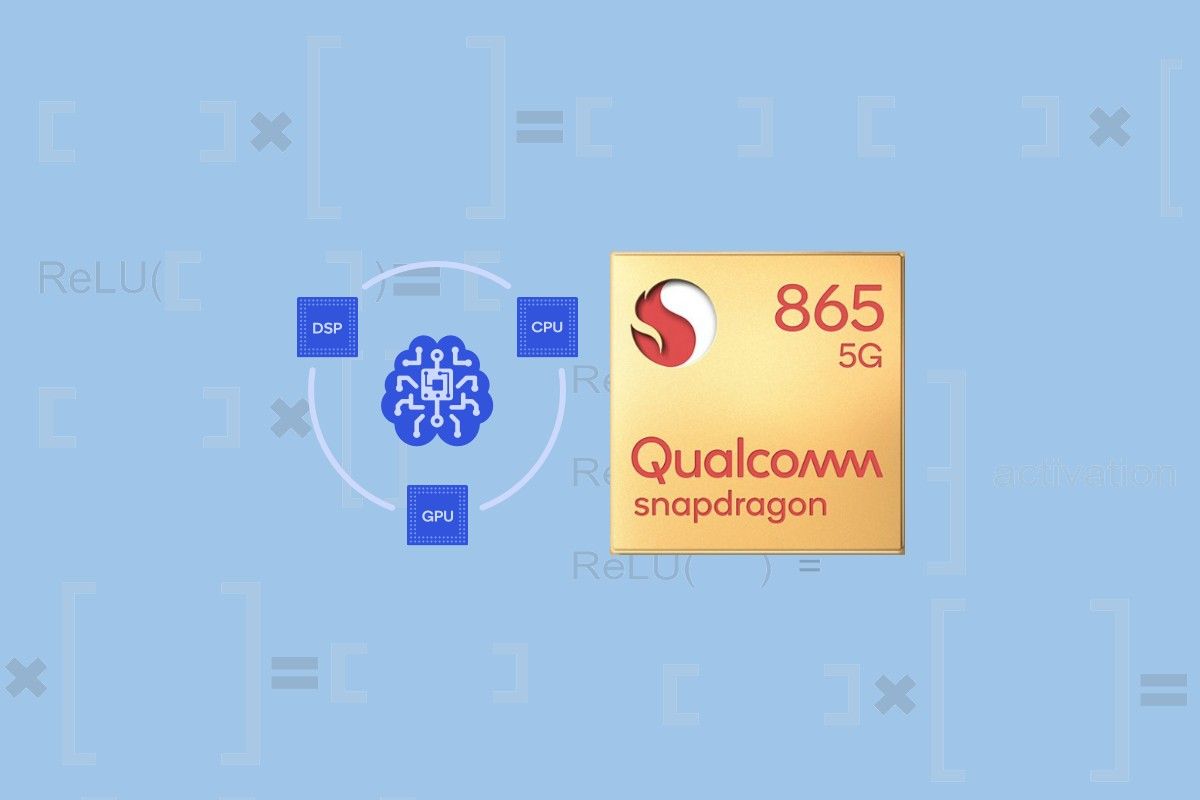latest

Android's Neural Networks API now supports hardware-accelerated inferencing with Facebook's PyTorch Framework
Android's Neural Networks API (NNAPI) now supports hardware-accelerated inferencing with Facebook's PyTorch Framework. Read on for more!
Machine Learning has shaped our present in many ways that we don't even notice it anymore. Tasks that previously were either impossible have now become trivial to execute, making the technology and its benefits even more widely accessible to the population at large. A lot of this is made possible through on-device machine learning and Google's Neural Networks API (NNAPI). Now, even more users will be able to experience accelerated neural networks and their benefits as the Android team has announced support for a prototype feature that enables developers to use hardware-accelerated inference with Facebook's PyTorch Framework.

How Qualcomm Brought Tremendous Improvements in AI Performance to the Snapdragon 865
Qualcomm made huge jumps in AI performance with the new Snapdragon 865 SoC. We analyze the changes that Qualcomm made to accelerate machine learning.
It seems like we can’t go a day without seeing “artificial intelligence” in the news, and this past week was no exception in no small part thanks to the Snapdragon Tech Summit. Every year, Qualcomm unveils the plethora of improvements it brings to its Hexagon DSP and the Qualcomm AI Engine, a term they use for their entire heterogeneous compute platform - CPU, GPU, and DSP - when talking about AI workloads. A few years ago, Qualcomm’s insistence on moving the conversation away from traditional talking points, such as year-on-year CPU performance improvements, seemed a bit odd. Yet in 2019 and with the Snapdragon 865, we see that heterogeneous computing is indeed at the helm of their mobile computing push, as AI and hardware-accelerated workloads seem to sneak their way into a breadth of use cases and applications, from social media to everyday services.


